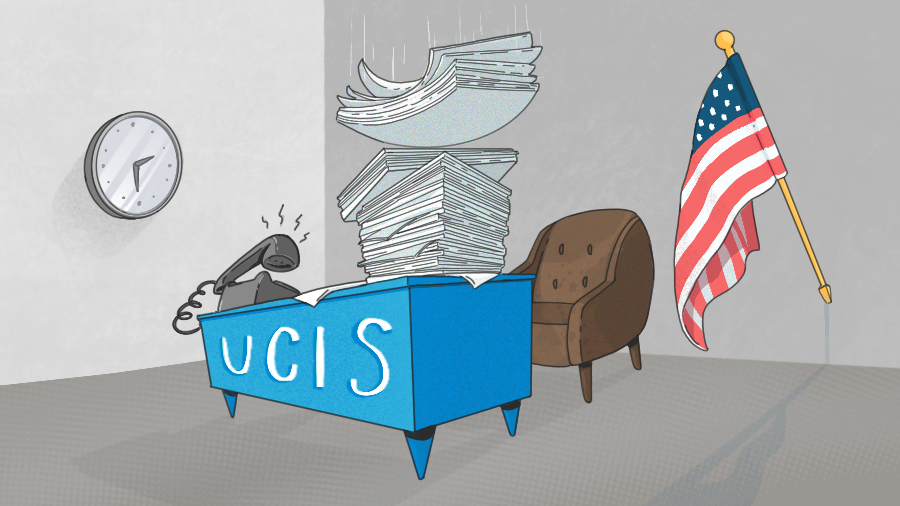A
What happened
President Trump's recent decision to impose a $100,000 fee for new H1-B visa petitions has created significant concern among Silicon Valley startups. Many believe this policy could stifle innovation by making it financially prohibitive for new companies to hire skilled foreign workers. Immigration attorney Sophie Alcorn described the fee as an 'insurmountable founder tax,' potentially preventing the emergence of future tech leaders. Conversely, some venture capitalists, like Manan Mehta, argue that this change could prompt startups to explore alternative visa options that align better with their needs. The H1-B program has long been criticized for its flaws, and while reform is necessary, the proposed changes may disproportionately benefit larger corporations at the expense of smaller firms. The debate continues over whether these changes will ultimately benefit or hinder the U.S. economy and its startup ecosystem.
★
Key insights
-
1
H1-B Visa Fee Concerns
The new fee may hinder startups' ability to hire skilled talent.
-
2
Opportunity for Alternative Pathways
Some see potential in exploring other visa options for startups.
-
3
Impact on Innovation
Critics argue the fee could stifle innovation and favor large firms.
Takeaways
The implications of the new H1-B visa fee on startups remain a contentious issue with potential long-term effects on innovation.

